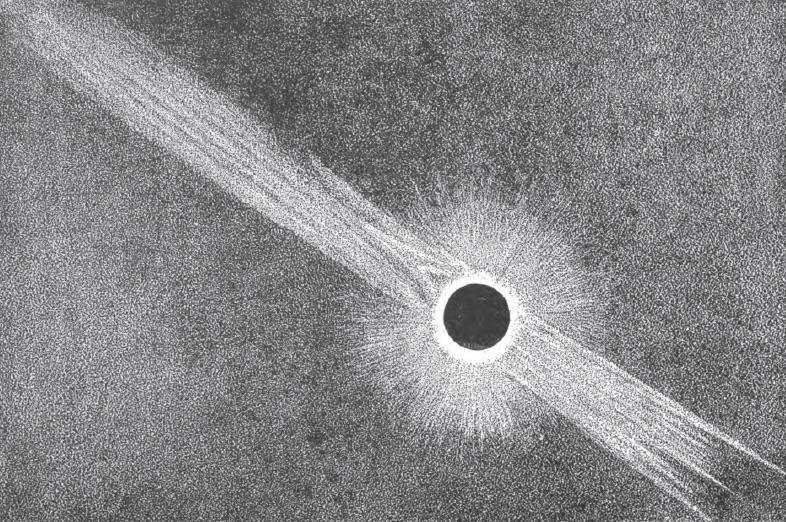Section Branding
Header Content
Anticipating The Great American Eclipse Of 2017 With Science Writer David Barron
Primary Content
This week on “Two Way Street” we look at what’s being called the Great American Eclipse of 2017, with science writer David Baron.
The solar eclipse that will happen on August 21 will be visible to all of North America as well as parts of South America, Africa and Europe. But while most of the world will see only a partial eclipse, people living in a narrow band crossing 14 states will be treated to that rarest of celestial phenomena: a total eclipse of the sun. The path of totality includes a sliver of the mountains of northeast Georgia.
Anticipation of the eclipse is building steadily. Merchants are selling at a fast pace eclipse viewing glasses, t-shirts, coffee mugs, maps and even wines with names like “Totality” and “Umbra.” Accommodations at hotels in the areas of totality are at a premium and any remaining rooms will soon disappear.
If I had to pick the person who best symbolizes how much excitement the upcoming eclipse is generating, it would be David Baron. David has viewed five total solar eclipses over the past two decades. And he’s already in a state of exhilaration about seeing his sixth on August 21.
But even as he prepares for next month’s big blackout, Baron has written a book about what he calls one of the most important solar eclipses in American history – the eclipse of 1878. The book is “American Eclipse: A Nation’s Epic Race to Catch the Shadow of the Moon and Win the Glory of the World.” He’ll explain why he thinks that event was so crucial to America, and he’ll give us a sense of what we can expect next month.
Here’s information about the solar eclipse that will occur on August 21.
Here’s information about where in Georgia you can watch the total eclipse. (Remember that much of the rest of the state will be in partial darkness during the event; in Atlanta, it will be 97% of totality.)
And here’s more information about David Baron’s book.


